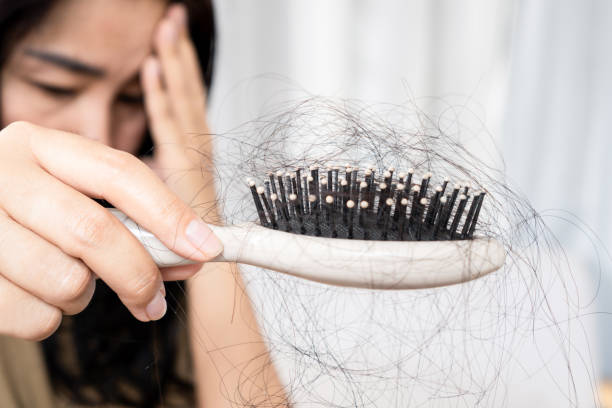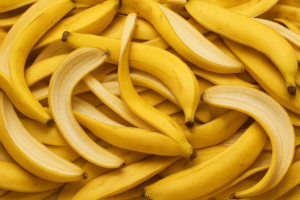Losing a few strands of hair daily is normal, but excessive hair fall can be a sign of nutritional deficiencies. If you’re noticing more hair on your pillow or comb, your body might be lacking essential nutrients. Here are some key deficiencies that could be causing your hair loss:
Hello everyone ! Welcome to SasVibe.
1. Iron Deficiency (Anemia) 🩸
Iron helps in oxygen transport to hair follicles. A lack of it can lead to weak, brittle hair and excessive shedding.
✔️ Fix it: Eat spinach, lentils, red meat, and pumpkin seeds.
2. Vitamin D Deficiency ☀️
Low vitamin D levels can lead to hair thinning and slow hair growth.
✔️ Fix it: Spend time in sunlight and include eggs, fatty fish, and fortified dairy in your diet.
3. Biotin (Vitamin B7) Deficiency 🥑
Biotin is essential for strong and healthy hair. A deficiency can cause hair thinning and breakage.
✔️ Fix it: Eat nuts, eggs, bananas, and avocados.
4. Protein Deficiency 🍗
Hair is made of keratin, a protein. A lack of protein can result in excessive hair shedding.
✔️ Fix it: Include lean meats, dairy, legumes, and tofu in your meals.
5. Zinc Deficiency 🥜
Zinc helps in hair tissue growth and repair. A deficiency can lead to hair fall and slow regrowth.
✔️ Fix it: Add nuts, chickpeas, and whole grains to your diet.
Final Thoughts
If you’re facing unusual hair fall, it’s time to check your diet and nutrient levels. A well-balanced diet, along with proper hydration and stress management, can help control hair fall naturally.



